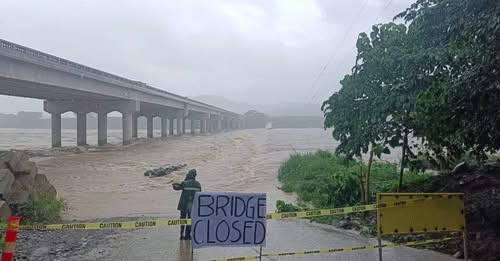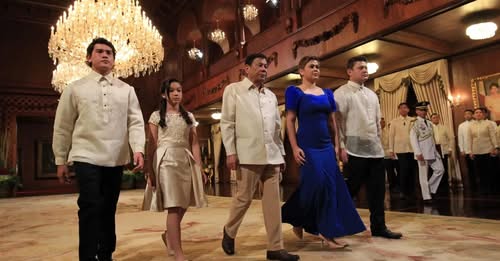By Raffy Gutierrez
September 21 was supposed to be a day of reckoning. Tens of thousands or maybe hundreds of thousands of people flooded Luneta, EDSA, and other plazas across the country. They marched under the banners of outrage against corruption, carrying the hope that the spirit of People Power could once again shake the nation awake. The 2 Trillion Peso flood-control scandal had become too large, too obscene to ignore. And yet, when the smoke cleared and the crowds dispersed, the system remained unshaken. What could have been a defining moment instead dissolved into confusion, frustration, and disappointment.
The failure was written in the very nature of the rallies. There was no single demand, no clear line in the sand that everyone was willing to cross together. Various organizers except the DDS camp, repeatedly said they were not calling for resignation, not demanding change at the very top, but merely asking for accountability. That word—accountability—rang loudly, but it was scattered, fragile, and easily co-opted by the same powers it sought to confront.
And the Palace knew exactly how to play it. Instead of resisting, it embraced the anger, promised investigations, and nodded along with the chants for reform. In one stroke, the government blunted the force of the movement by claiming to agree with it. What was supposed to be a roar of defiance became an echo inside the walls of power.
Worse, the story of the day became muddied by images of violence. While the vast majority of demonstrators marched peacefully, clashes erupted near Mendiola Bridge—a certain motel was apparently set on fire, certain street paraphernalia were burned, police officers were injured, and dozens of protesters were dragged away in handcuffs. These images dominated headlines and broadcasts, pushing aside the moral clarity of people demanding justice. Instead of a nation united against corruption, the world saw chaos.
The fractures were everywhere. Different groups carried different agendas. Workers demanded labor rights, progressives demanded an end to corruption, civic groups waved calls for unity, and even the staunchest Duterte followers wanted Marcos to resign. Each cause was perhaps inherently noble on its own, but together they formed a chorus of dissonance rather than a single anthem. In 1986, the church, the military defectors, and the people moved as one body. On September 21, the divisions were too visible, too deep.
And above it all, the system held. No generals crossed over, no cabinet officials defected, no decisive cracks appeared in the machinery of state power. The same institutions accused of corruption and decay remained firmly in control. Without elite splits, without a unified leadership, and without a clear next step, the rallies became a powerful outburst but not a transformative force. It was not enough to create the changes envisioned by the rally organizers.
The anger was real. The pain of seeing trillions wasted while people drown in floods was raw and undeniable. The spirit of resistance was there, written on every placard, shouted in every chant. But anger without unity is easily absorbed, easily scattered. What happened on September 21 was not a revolution, but a warning shot—a sign that the people are restless, furious, and betrayed, but still searching for the clarity and cohesion that once turned EDSA into a victory.
The tragedy of the day is not that people stayed home; it is that so many came out, risked arrest, endured tear gas and water cannons, only to leave with the bitter taste of futility. The streets proved once again that Filipinos are not afraid to fight. What remains unclear is whether we can fight together, with one voice, for one goal. Until then, September 21 will be remembered not as the day the people toppled corruption, but as the day we saw how divided we still are.
_____________
Rafael “Raffy” Gutierrez is a Technology Trainer with over 25 years of experience in networking, systems design, and diverse computer technologies. He is also a popular social media blogger well-known for his real-talk, no-holds-barred outlook on religion, politics, philosophy.




